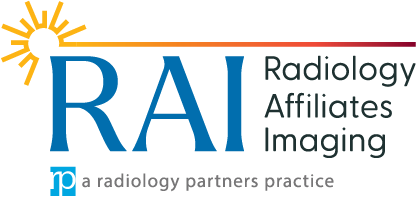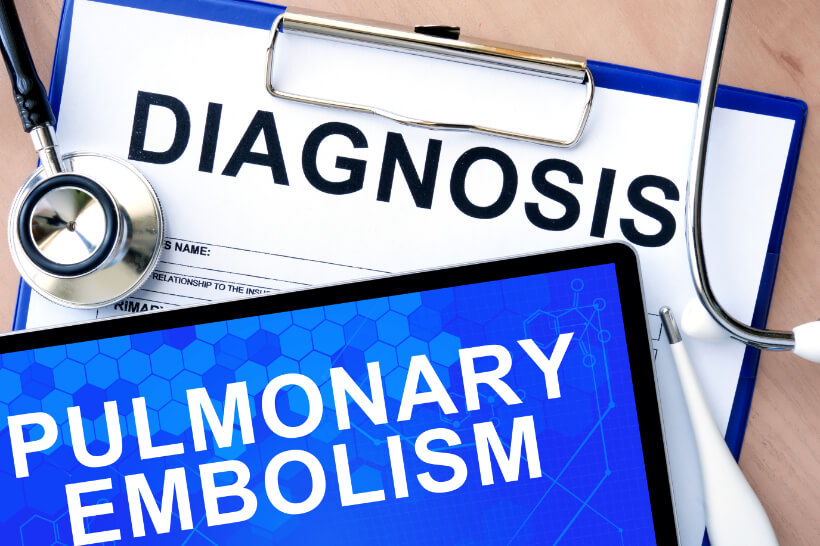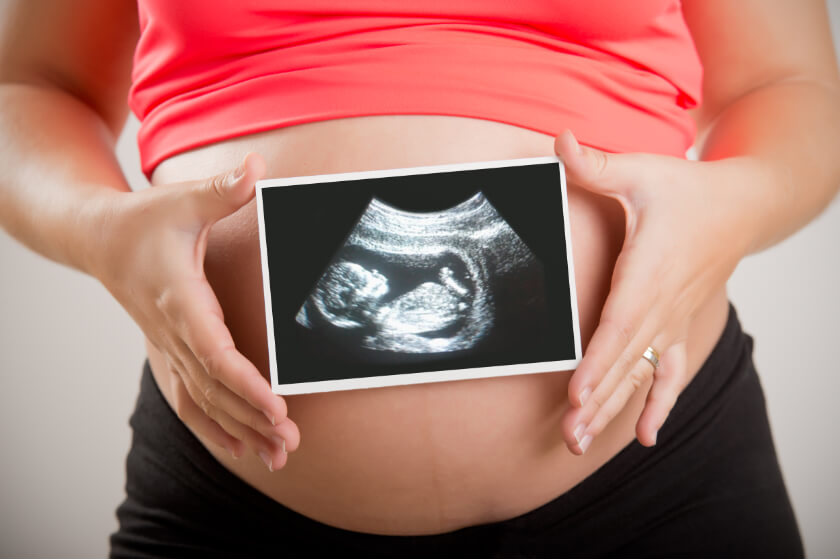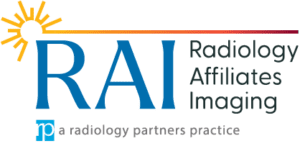
Study Suggests Chest CT is Better for Diagnosing COVID-19 (Coronavirus) than Lab Test

The new coronavirus, now known as COVID-19, is a serious viral infection responsible for more than 90,000 illnesses and more than 3,000 deaths worldwide. Doctors typically use blood tests to diagnose illnesses like coronavirus, but the results of a new study suggests that computed tomography (CT) of the chest might be a better test for the disease.
COVID-19 infections began in Wuhan, China, in December 2019. It has now spread to more than 72 countries around the world.
Health officials believe the virus spreads from person to person through respiratory droplets, when an infected person sneezes or coughs and another person inhales those droplets. Infection usually happens between people who are in close contact with each other. In some cases, though, people are not sure how or where they became infected.
The coronavirus attacks the lungs to cause respiratory problems. In severe cases, it can cause pneumonia, in which the air sacs of the lungs fill up with pus or fluid.
While the COVID-19 infection typically causes only mild symptoms, it can cause serious and even life-threatening symptoms, especially in those with certain underlying health issues. Treatment for COVID-19 focuses on supportive care, which means it only helps relieve symptoms – treatment does not make the virus go away.
There is currently no vaccine for COVID-19, so one of the most effective ways of containing the spread of COVID-19 is to keep people with the virus away from those who do not. Early identification of those with the virus is important to determining who should be in isolation and who should not.
Doctors typically test blood and sputum samples to diagnose COVID-19. Specifically, they use tests known as reverse-transcription polymerase chain reaction (RT-PCR), which looks for bits of the virus’s genetic material in the patient’s blood or sputum sample. The test is very sensitive, so remnants of the COVID-19 virus show up rather well.
A number of things can affect the sensitivity of the RT-PCR test, though, which can make the test less accurate. Problems occurring during the collection of the blood or sputum sample, while transporting the specimens from the patient to the lab, and even while performing the RT-PCR test can reduce the sensitivity of the test.
In other words, problems with the current means of laboratory testing may not be sensitive enough to detect COVID-19 in people with the infection. The low sensitivity of the RT-PCR may prevent doctors from identifying COVID-19 patients quickly enough to administer appropriate treatment or contain an outbreak. Supplies of the testing kits may also dwindle as the infection continues to spread.
The results of a new study of more than 1,000 patients suggest that chest CTs do a better job of screening for COVID-19 than does lab testing.
“Early diagnosis of COVID-19 is crucial for disease treatment and control. Compared to RT-PCR, chest CT imaging may be a more reliable, practical and rapid method to diagnose and assess COVID-19, especially in the epidemic area,” said the authors of the study.
Doctors routinely use the images from chest CTs to diagnose pneumonia. CT scans use computers and x-rays to create three-dimensional (3D) images. Chest CTs create detailed 3D images of the lungs. Doctors review the chest CT images, looking for fluid or pus in the lungs or other specific signs of coronavirus infection.
Chest CTs are fast and relatively easy to perform and undergo – they are non-invasive and painless. They are also more sensitive to COVID-19 infection. In fact, recent research found that chest CT had 98 percent sensitivity, compared to 71 percent sensitivity of RT-PCR.
Study Shows Chest CT is Better than Lab Tests
In the current study out of Wuhan, researchers at Tongji Hospital wanted to compare the performance and consistency of chest CT and RT-PCR testing for COVID-19. They enrolled 1,014 patients suspected of having COVID-19 into the study. All of the participants underwent both RT-PCR and chest CT tests between January 6 and February 6, 2020.
Fifty-nine percent of the participants had positive RT-PCR test results and 88 percent had positive chest CT scans. The RT-PCR test missed the COVID-19 virus in many cases, though. In fact, 75 percent of patients with negative RT-PCR results actually had positive chest CT findings, so CT found infections that lab tests missed.
It can take several days for signs of COVID-19 to develop, so the researchers re-tested many of the patients who initially had negative RT-PCR tests and positive chest CTs. They found that it took 4 to 8 days for RT-PCR testing to go from negative to positive. This means chest CT tests could detect COVID-19 much sooner than lab testing.
For more information about using chest CT instead of lab tests to diagnose COVID-19, consult with a doctor or radiologist.




